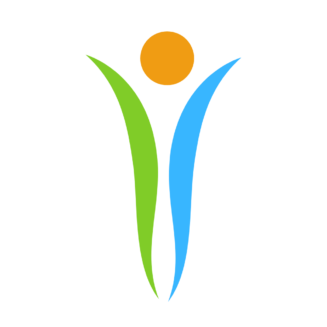Language is a powerful tool, and it shapes our lives in ways we might not always realize. I’ve seen the huge impact of language on my personal journey, particularly when it comes to bridging cultural and educational gaps.
As a health coach, I’ve learned that effective communication is essential, especially when sharing scientific knowledge and health advice. I often work with clients of various educational and cultural backgrounds finding myself in need of explaining complex medical and environmental terms and making my guidance accessible to everyone. This is where “Plain Language” comes into play.
Plain Language is about breaking down barriers and making information understandable to a broad audience. It’s about using words that resonate with people from all stages of life, regardless of their cultural or educational background.
Imagine Koula, a kind and curious soul, seeking to improve her diet. She doesn’t need a lecture on biochemical processes or details about molecules. She just wants straightforward, practical advice. She wants to know if adding a bit of vinegar to her lentils will help with iron absorption. She wants to know whether the information she heard from a doctor on Instagram is true or not. She doesn’t want to be overwhelmed with scientific terms. She wants to know what science says in simple, but yet not oversimplified ways.
And then there’s Ahmed, with his unique cultural background. He, too, deserves the opportunity to access vital health information without feeling alienated by complex language. Plain Language allows us to reach out to Ahmed and help him make informed choices about his well-being.
Plain Language is not just an option; it’s a necessity. Whether we are dealing with government agencies, international organizations, or human rights initiatives, the power of plain, accessible language cannot be overstated. It enables us to communicate effectively, to bridge the gap between experts and the wider community, and to fulfill our mission of spreading essential knowledge.
During my private consultations but even the lectures I give, I always consiously choose the beauty of Plain Language. Being myself a person that mostly uses a language that I am not native speaker, I encourage my colleagues to embrace this approach and use it to make a positive impact on individuals like Koula and Ahmed. We all need to move beyond the use of technical language that feeds our ego when using it towards people who will not fully understand it. We need to inspire with our deep knowledge and focus on the information that truly matters to our clients and our students.
Plain Language is not just about words; it’s about inclusivity, empathy, and making a real difference in people’s lives. It’s about breaking down the barriers that language can create and ensuring that everyone, regardless of their background or education, can access the knowledge they need to lead a healthier, more sustainable life.



